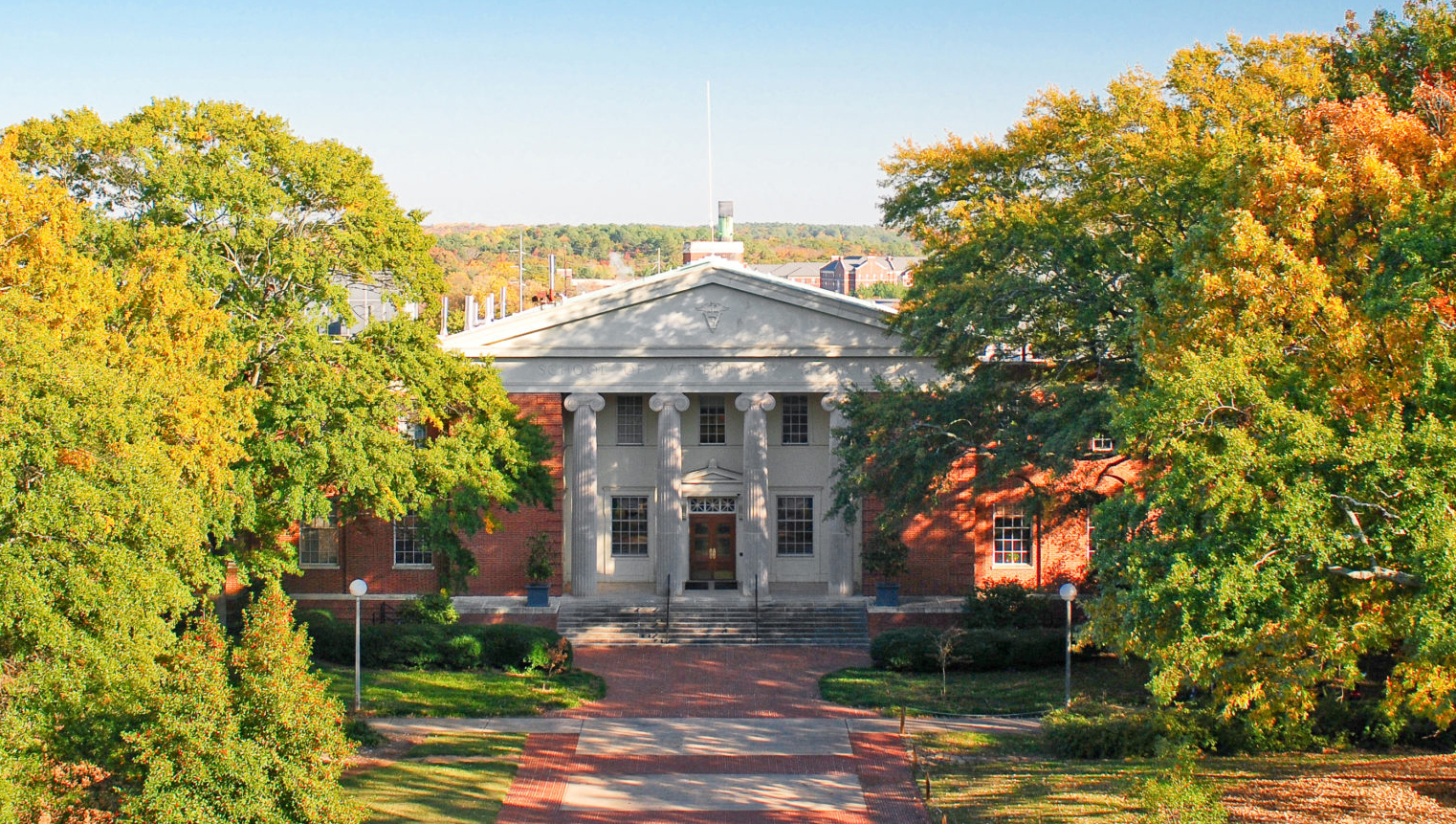Our wildlife treatment crew is part of our zoological medicine service and provides medical treatment and care for injured wildlife. While we do allow members of the community to bring us hurt wildlife for care, we DO NOT accept uninjured animals. If you come across a baby animal that you feel has simply been abandoned, it is best to leave them where you found them.
Determining whether an animal needs your help depends on age, species and behavior. Babies of some species are left alone all day and rely on camouflage for protection, while others are tightly supervised by their parent(s).
The following are scenerios that would indicate that the animal is injured and does need your help:
- It is brought to you by a cat or dog
- There is evidence of bleeding
- There is an apparent or obvious broken limb
- It is featherless or nearly featherless and on the ground
- It is shivering or has been crying and wandering all day long

